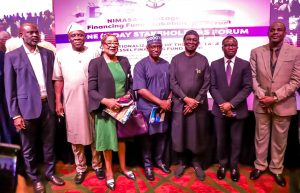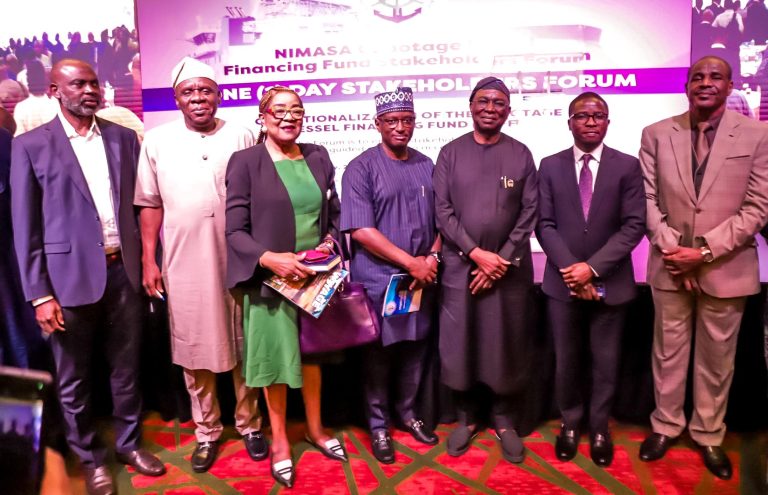- As COSCO Shipping Trims Loss, Bearish on Outlook
West Coast longshore workers at 29 ports in California, Oregon and Washington have officially ratified a three-year contract extension with the Pacific Maritime Association (PMA), the International Longshore & Warehouse Union’s (ILWU) Coast Balloting Committee confirmed.
As informed, the committee reviewed balloting results from all longshore local unions and confirmed a tally showing that 67% of members voted in favor of the extension.
While the current agreement was set to expire on July 1, 2019, the newly approved three-year pact will extend the expiration to July 1, 2022.
The contract extension is expected to raise wages, maintain health benefits, and increase pensions from 2019-2022.
The results followed a year-long debate and democratic decision-making process which allowed every registered longshore worker from Bellingham, Washington, to San Diego, California, to express their views and cast a ballot.
“The rank-and-file membership has made their decision and expressed a clear choice,” Robert McEllrath, ILWU International President, commented.
“During the past year, we saw a healthy debate and heard different points of view, with concerns raised by all sides. The democratic process allowed us to make a difficult decision and arrive at the best choice under the circumstances,” McEllrath added.
ILWU’s Coast Longshore Division represents approximately 20,000 longshore workers on the West Coast of the United States.
Meanwhile, COSCO Shipping International (Singapore), an offshore marine engineering, shipbuilding, and dry bulk shipping group, recorded a net loss of SGD 20.8 million in Q2 2017, down from a net loss of SGD 36.8 million in Q2 2016.
The losses were ascribed mainly to woes in shipyard and shipping operations.
Turnover from shipyard operations decreased by 31.6% to SGD 516.1 million in Q2 2016, from SGD 754.6 million in Q2 2016; mainly owing to lower revenue contribution from ship repair, ship building and marine engineering.
Turnover from dry bulk shipping and other businesses increased by 4.7% from SGD 8.3 million in Q2 2016 to SGD 8.7 million in Q2 2017 as the current short-term rates were higher than the charter rates secured in Q2 2016.
Group turnover decreased by 31.2% to SGD 524.7 million in Q2 2017, from SGD 762.9 million in Q2 2016, owing to decrease in shipyard revenue.
As at 30 June 2017, the group’s gross order book stood at approximately USD 5.8 billion with progressive deliveries up to 2020. These include modules of drillship and FPSO contracts for Brazilian customers which amount to approximately USD 951 million.
New orders received in Q2 2017 include 1 FRSU module, and 3 container vessels.
“These orders were secured at low contract values due to the weak global economy and depressed shipbuilding and offshore markets. The group expects operating margins on new ship building and offshore contracts to continue to be subject to severe downward pressure as these conditions continue to prevail,” COSCO said.
The group added that it expects difficult and challenging business and operating conditions to persist or even worsen. As such, 2017 is expected to remain a very difficult year.
Separately, COSCO Shipping International said it has entered into a non-binding Memorandum of Understanding (MOU) with COSCO Shipping (South East Asia) Pte Ltd on the acquisition of 40% of the issued shares of the issued and paid-up share capital of PT. Ocean Global Shipping.
Ocean Global Shipping is based in Jakarta, Indonesia and is engaged in logistic service, container canvassing and management, ship agency and chartering and bunkering. The company recorded a profit for the last financial year, COSCO said.
Both COSCO companies are wholly-owned by China COSCO Shipping Corporation Limited.
COSCO Shipping (South East Asia) holds 49% of the issued shares in the Indonesia company, while the remaining 51% shares are held by PT. Global Putra Indonesia Maritime (GPIM) specializing in container storage and container maintenance.
The purchase of the shares shall be determined after further negotiations between the parties taking into account, inter alia, the result of a valuation to be conducted by an independent valuer yet to be appointed.
World Maritime News


















